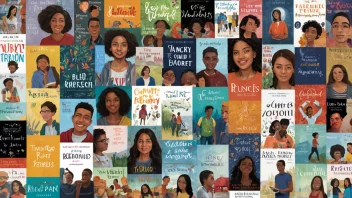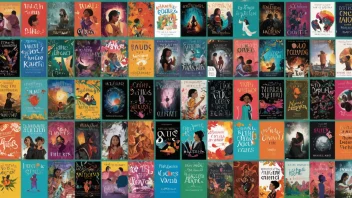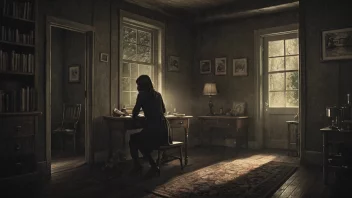What is classic literature?
Classic literature refers to works that have stood the test of time, often celebrated for their artistic quality, thematic depth, and cultural significance. These works frequently explore universal themes and human experiences, making them relatable across generations.
How does an author's life influence their writing?
Authors often draw from their personal experiences, beliefs, and societal contexts, which can significantly shape their narratives, characters, and themes. An understanding of an author's background can provide valuable insights into their work.
Can you give examples of classic literature that reflect the author's life?
Certainly! Here are a few notable examples:
- “The Great Gatsby” by F. Scott Fitzgerald: This novel reflects Fitzgerald's own experiences with wealth, ambition, and the American Dream during the Jazz Age.
- “To Kill a Mockingbird” by Harper Lee: Lee's upbringing in the racially charged South deeply influenced her portrayal of social injustice and moral growth.
- “Moby Dick” by Herman Melville: Melville’s experiences at sea and his complex relationship with nature and humanity are vividly depicted in this epic tale.
- “Jane Eyre” by Charlotte Brontë: Brontë's struggles with gender and social class are mirrored in Jane’s journey for self-respect and independence.
What themes are commonly found in classic literature?
Classic literature often explores themes such as:
- Identity: Characters often grapple with their sense of self and place in the world.
- Social Justice: Many classics address issues of inequality, injustice, and morality.
- Love and Relationships: The complexities of human connection are a frequent focus.
- Existentialism: Questions about life, purpose, and the human condition are common.
How can reading classic literature enrich our understanding of history?
Reading classic literature provides a glimpse into the societal norms, values, and challenges of different time periods. By engaging with these texts, readers can develop a deeper appreciation for historical contexts and the evolution of human thought.
Is it necessary to know the author's biography to appreciate their work?
While it is not strictly necessary, understanding an author's biography can enhance the reading experience. It allows readers to connect the dots between the text and the author's life, providing a richer interpretation of the themes and characters.
How can I start exploring classic literature?
To begin your journey into classic literature:
- Start with well-known titles or authors.
- Join a book club or online community focused on classics.
- Read literary criticism or analyses to gain different perspectives.
- Keep a journal to reflect on your thoughts and interpretations.






